Interactive Art
-
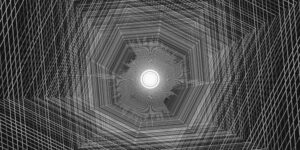
Media Spaces & Generative Art
Art by University Students in Deep Space 8K
2023 marked the 10th anniversary of students of FH OÖ (University of Applied Sciences Upper Austria) Hagenberg Campus working together with the Ars Electronica Futurelab on semester projects in which they creatively explore their approaches to interactive and generative arts.
-
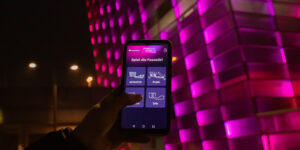
Play the Façade
38,500 LEDs to Spark Public Creativity
The façade of the Ars Electronica Center, with its 38,500 LEDs, has been shaping the cityscape of Linz since 2009. Just one year later, the public was able to take control of the illuminated museum exterior for the first time via the façade terminal. This was followed in 2022 by the new edition – with…
-

Welcome to Planet B
A Children’s Pop-Up Book About Climate Change
The Futurelab application Welcome to Planet B brings climate decisions to Deep Space 8K. To translate the project to a child-friendly format for 8- to 12-year-olds, a team at the lab created a matching interactive pop-up book. It is designed to get kids excited about climate protection and to marvel, grasp and understand – and,…
-
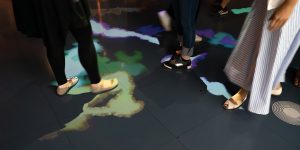
Hybrid Space
Interactive Telepresence Museum Experience
Hybrid Space was an installation by the Ars Electronica Futurelab, presented as part of the lab’s 25-years anniversary in 2021. It provided an interactive space in the Ars Electronica Center where museum visitors could meet and interact with online visitors.
-
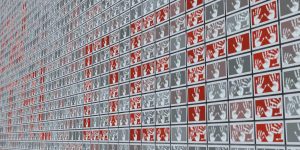
Hands for the Future
Participatory Installation on Social Issues
Hands for the Future is a participatory media installation at the Ars Electronica Center that serves as a call to action for the various deep issues that humanity urgently needs to address.
-
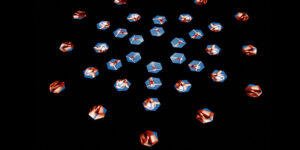
Fluxels
Choreographed swarm of ground robots as a medium of art
Fluxels is a play on words inspired by an association of Spaxels, “Fluxus” and the aesthetic quality of swift, fluid movement. It is the name for a ground robot platform developed in the Ars Electronica Futurelab, conceived for swarm bot performances as part of a collaboration with NTT.
-

Losgröße 1 – Technisches Museum Wien
In November 2018 Technisches Museum Wien opened the exhibition “Arbeit & Produktion” as part of the series “weiter_gedacht_”. The series of events put current research and development at the centre of the 2018 programme and focused on how central features of society are affected by technologically driven change.
-
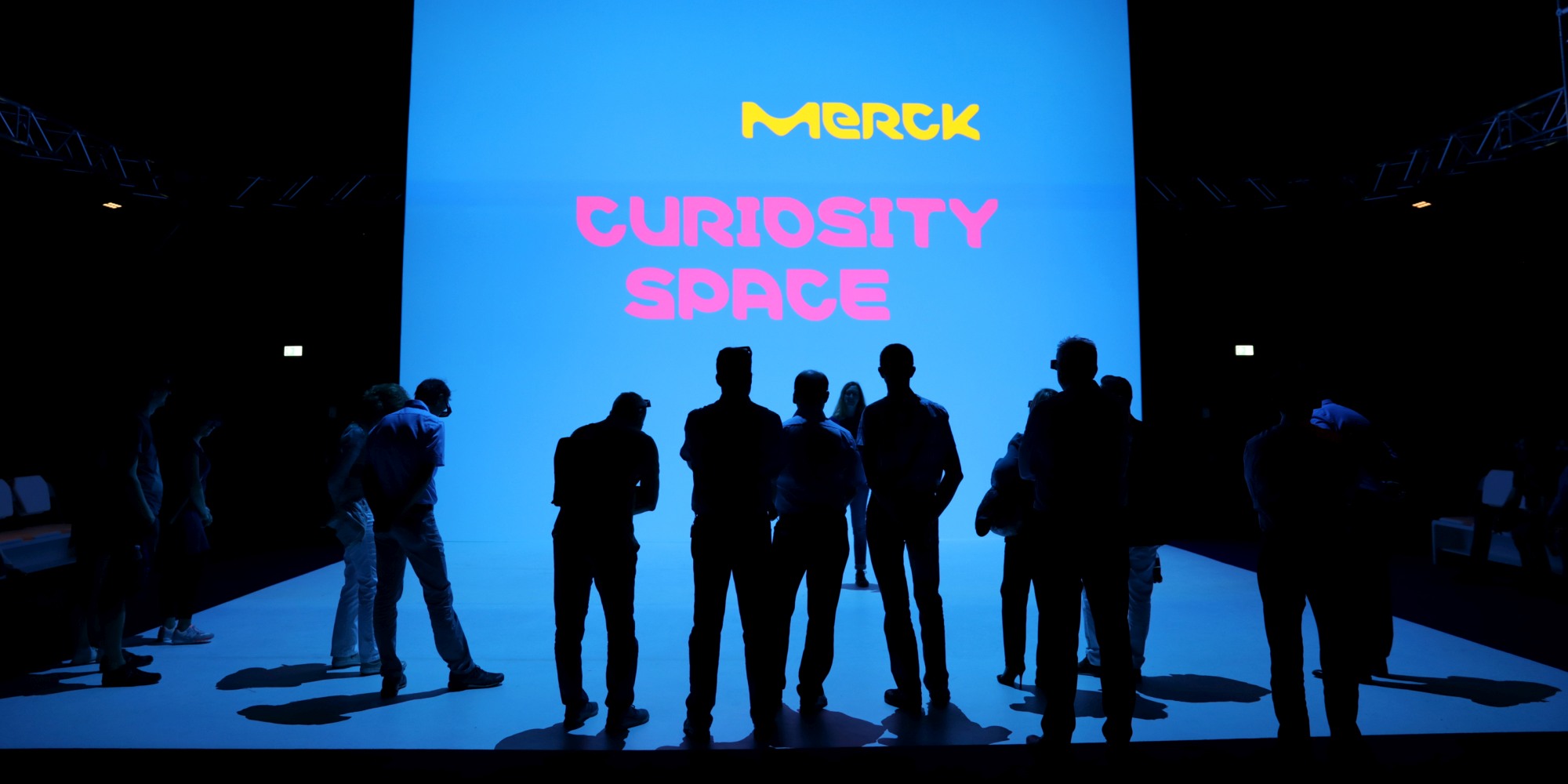
Merck 350 Curiosity Space
In 2018, Merck (known as Merck KGaA, Darmstadt, Germany in the US and Canada) celebrated its 350th anniversary under the motto “Imagine. Always curious – also in the next 350 years”. For the program around Merck 350, the Ars Electronica Futurelab has developed the Curiosity Space: a walk-in 3D projection and experience space based on…
-
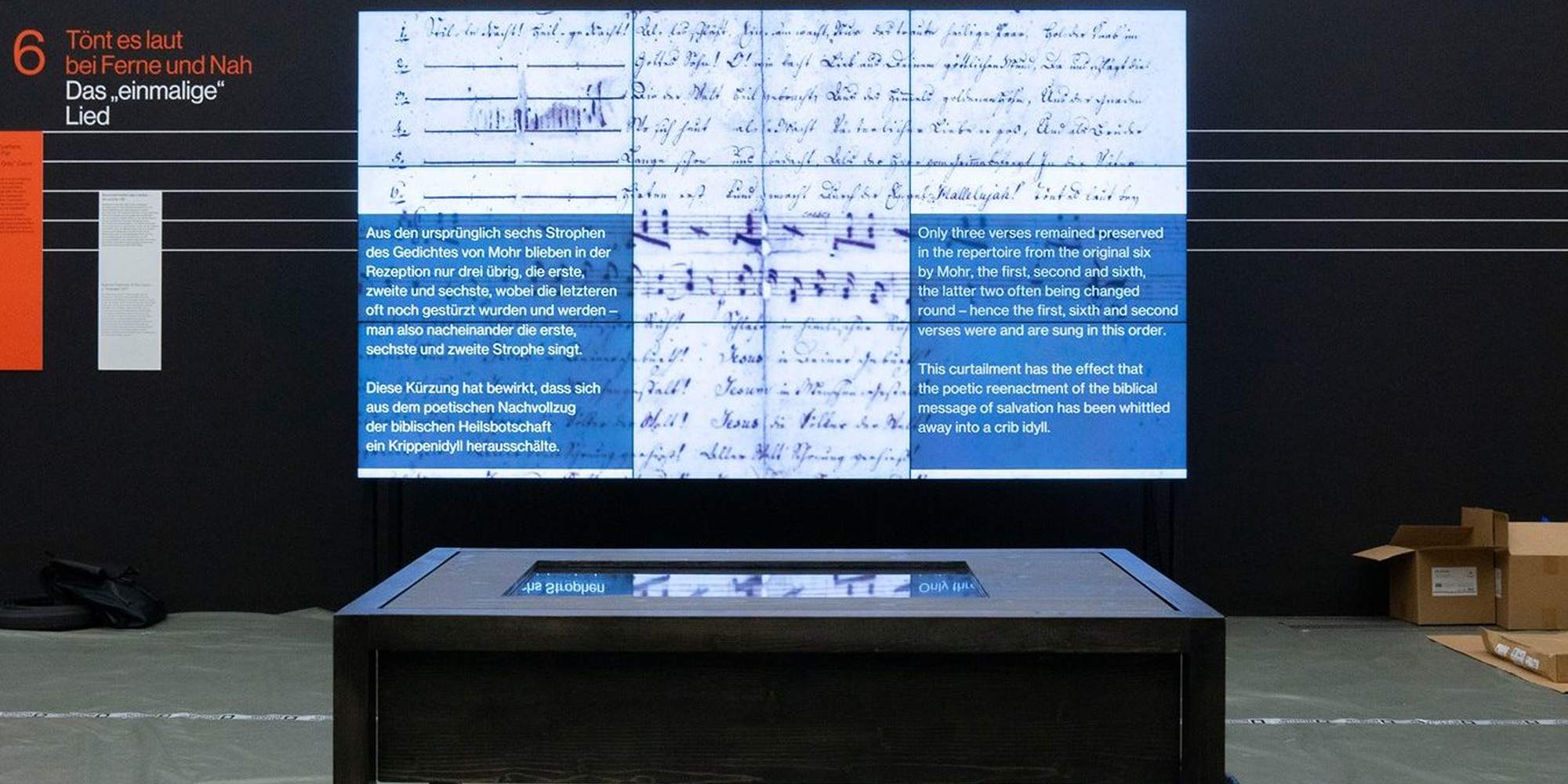
Stille Nacht 200
On the 200th anniversary of the Christmas classic Stille Nacht, heilige Nacht the Salzburg Museum, as one of seven parts of the Salzburg Provincial Exhibition, presented various facets of the song in the curated tour Silent Night 200 – History. Message. Present.
-
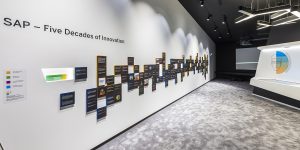
Augmented Humanity @SAP Pavilion
In 2012, Europe’s largest software manufacturer SAP commissioned the Ars Electronica Futurelab with a representative work on the 40th anniversary of the former start-up. The exhibition format “40 – years of Future” was specially developed for the planned company museum in order to communicate the company’s history and key inventions to the general public.
-
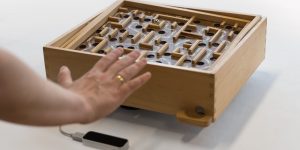
MANUACT
How can gesture research be presented so that it is comprehensible by everyone? How do you identify natural gestures for specific applications? What are the origins of such gestures, and how can they best be used in future interfaces? The Ars Electronica Futurelab has been collaborating with Chemnitz University of Technology to get to the…
-
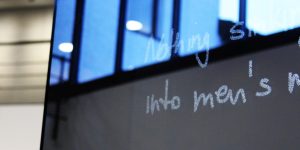
Vedaport / Monolith
The six meter tall Monolith – completed in spring 2014 – consists of 24 frameless screens, wrapped in translucent mirror panels. These panels render the Monolith almost invisible at first glance and enhance it.